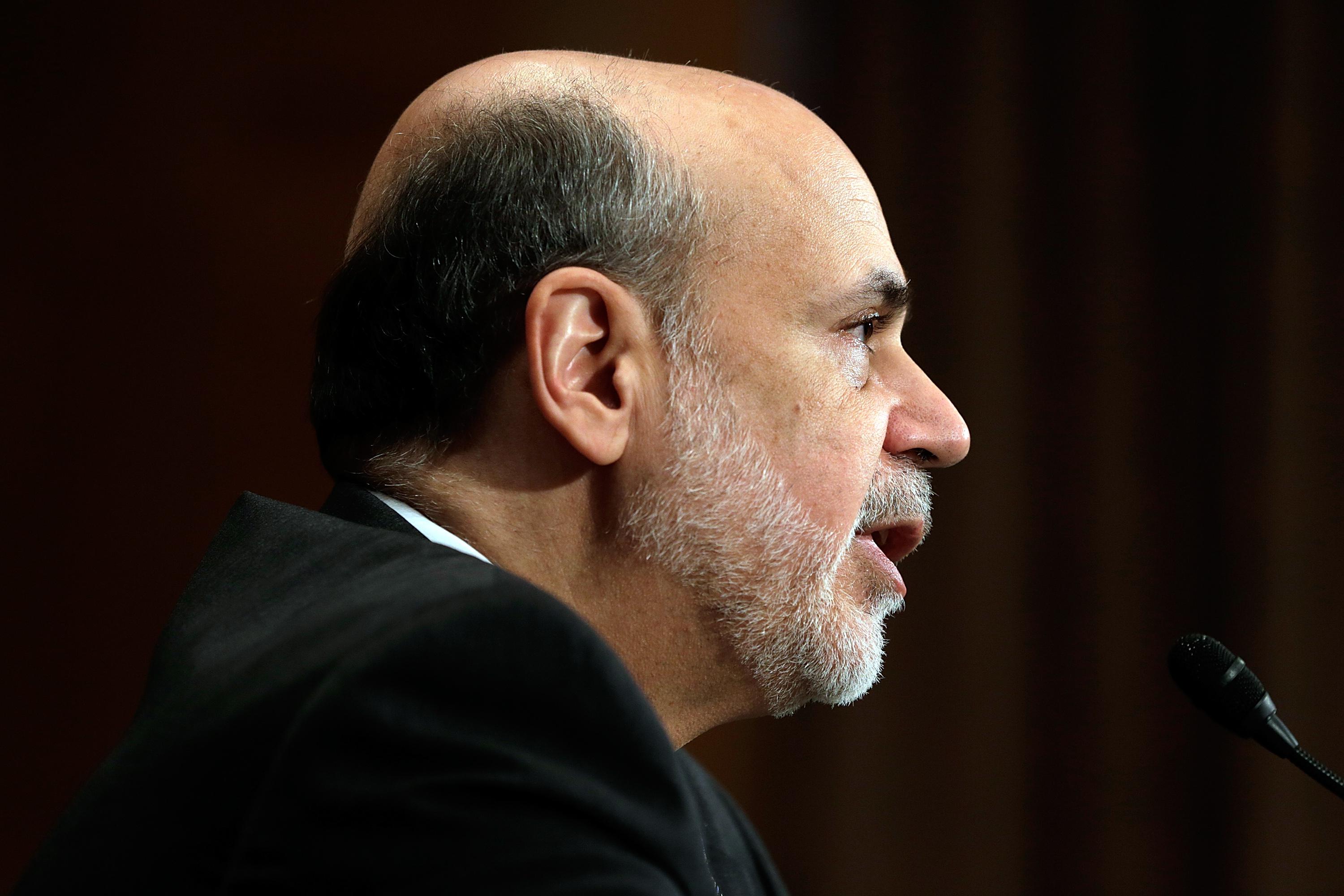Back in 2009 or so, proponents of tighter monetary policy offered a cogent but mistaken argument for tighter money—they said it was necessary to avoid ruinous levels of inflation. That showed not to be the case, which inspired some people (Minneapolis Federal Reserve President Narayana Kocherlakota is the hero here) to change their minds, while others simply switched their arguments. So today you’re more likely to hear that despite high unemployment and low inflation, we should implement tighter monetary policy to avoid “financial instability.” It occurs to me that this is essentially the same policy error (albeit in the other direction) as the argument that limiting bank leverage will sink economic growth. They amount to simply mixing up the Federal Reserve’s dual roles as monetary policymaker and bank regulator.
The better approach is to keep these ideas separate.
Monetary policy should be set to try to achieve full employment and nonaccelerating inflation. If unemployment is very high and inflation is subdued, that means looser money. Banking-sector risk should be managed through bank regulation. If you think banks are taking on too much debt and posing a risk to financial stability, you should require them to carry less leverage.
It’s true that there may be an interplay between these factors. Reducing bank leverage with the left hand may require monetary stimulus with the right hand to keep the nominal aggregates on track. Alternatively, a climate of monetary stimulus might prompt a need for tighter regulation of bank leverage. The fact that the issues are interrelated is perhaps a reason that central banks generally perform both functions. On the other hand, putting both functions under the same roof seems to encourage active confusion between the two and was perhaps a mistake. An analogy might be to note that tight monetary policy tends to drastically reduce air pollution by reducing the number of people commuting to work and by causing factories to close. Alternatively, monetary stimulus in a depressed economy will increase the amount of air pollution by having the reverse effects. But while regulating air pollution is extremely important, it would be perverse to make it a goal of monetary policy to reduce air pollution. That’s the Environmental Protection Agency’s job. Minimizing unemployment and minimizing air pollution are both important, and there’s some interplay between the two, but you don’t actually want to mix the jobs up.
